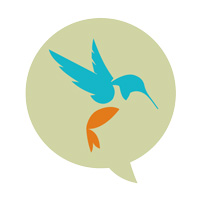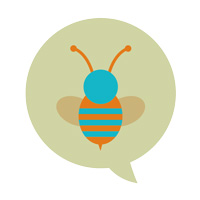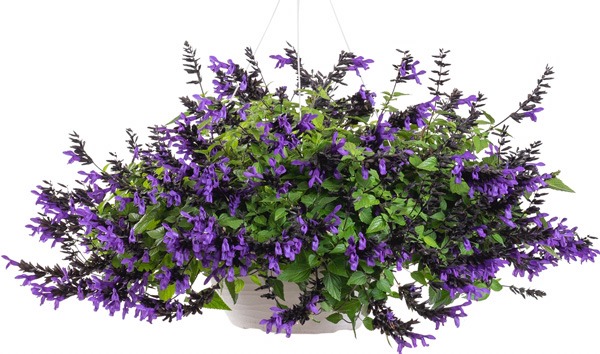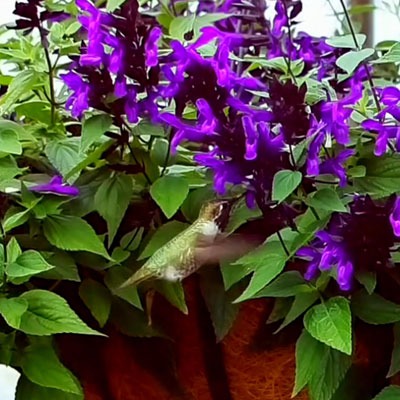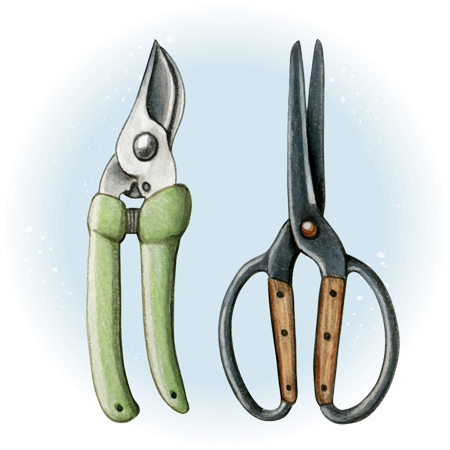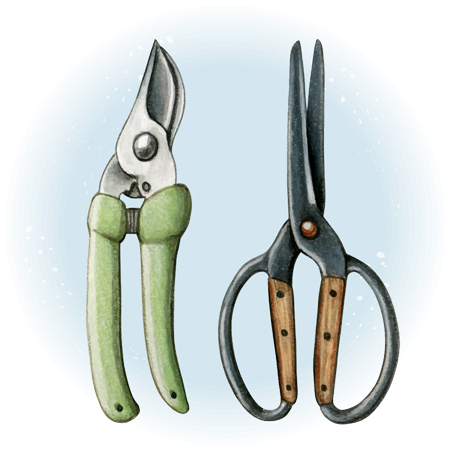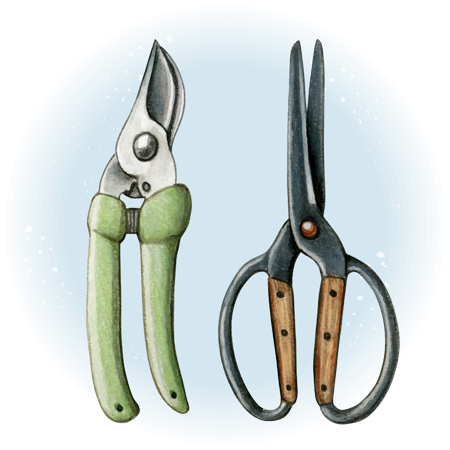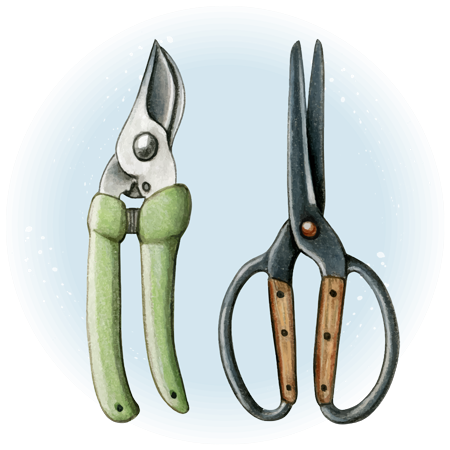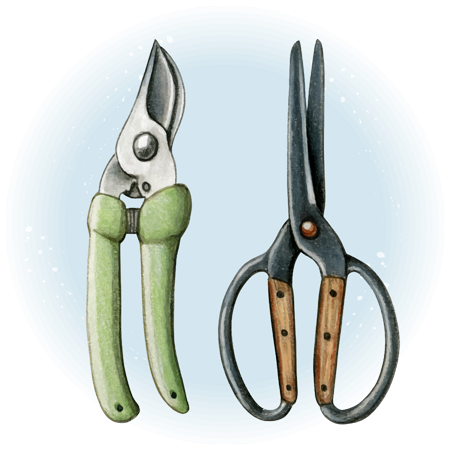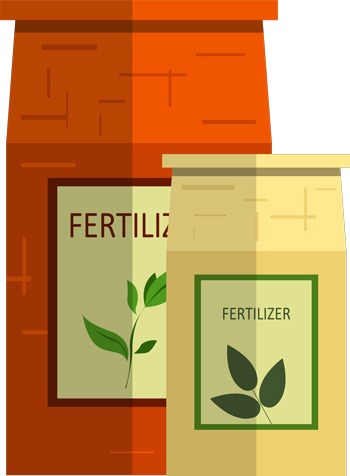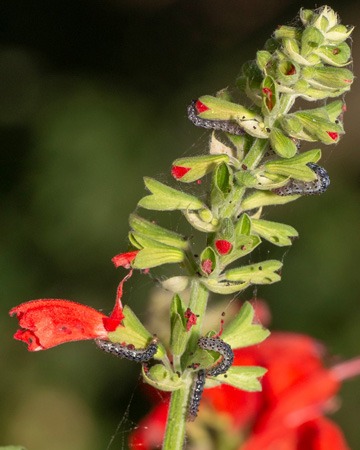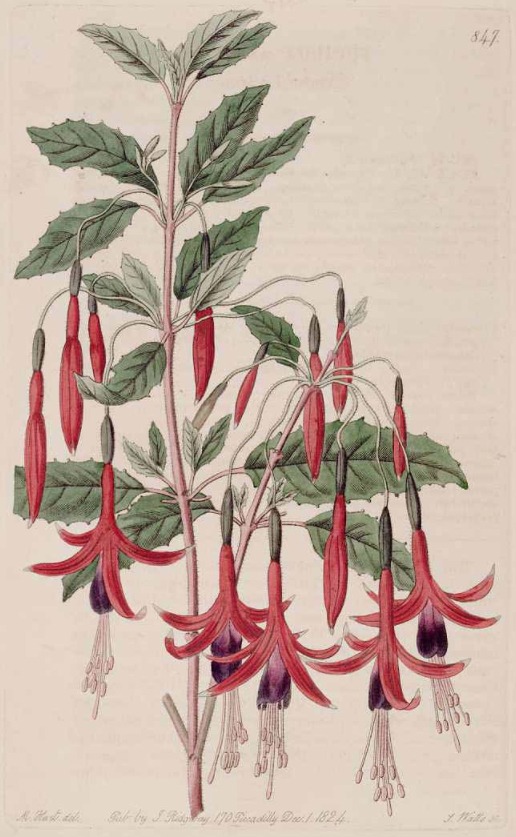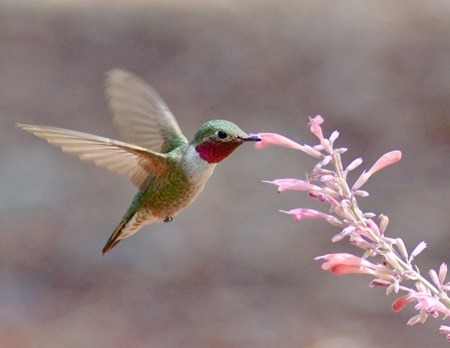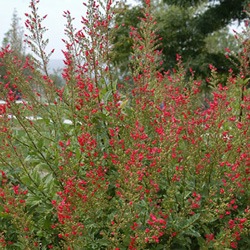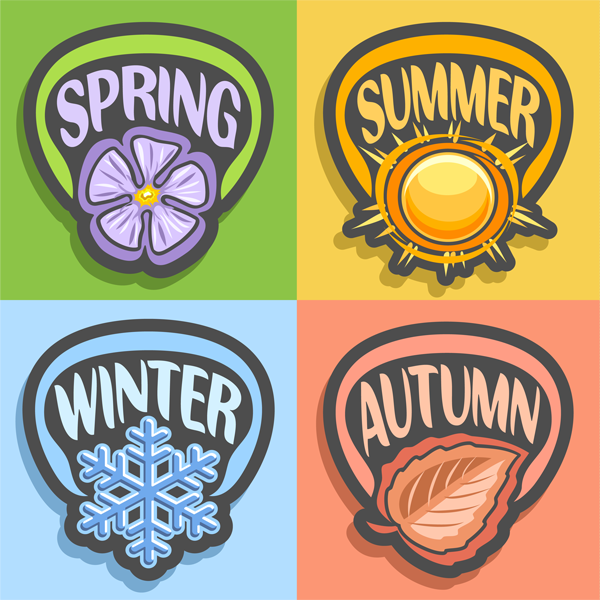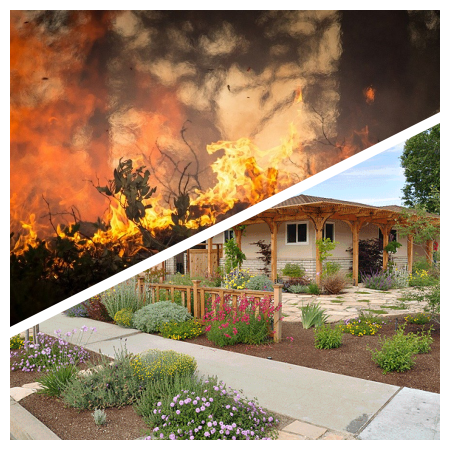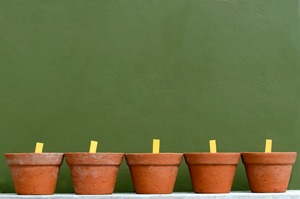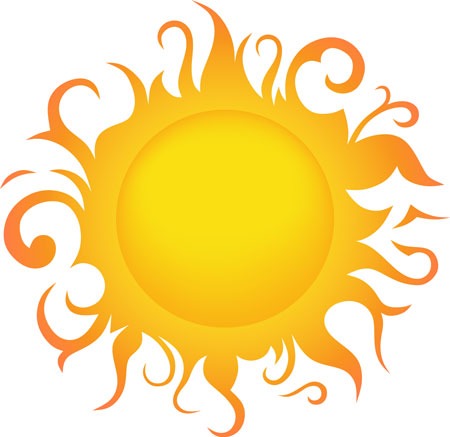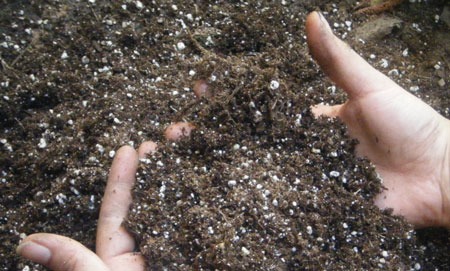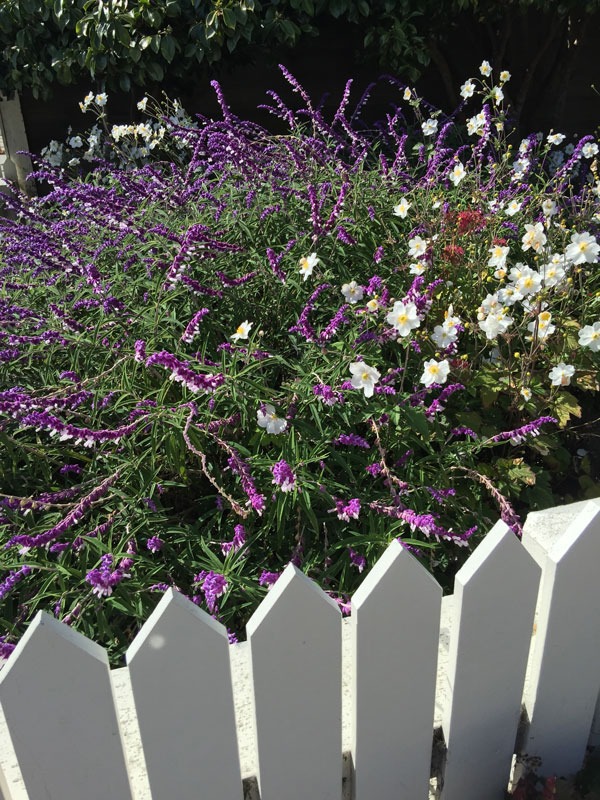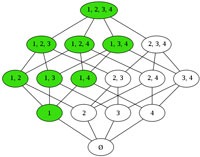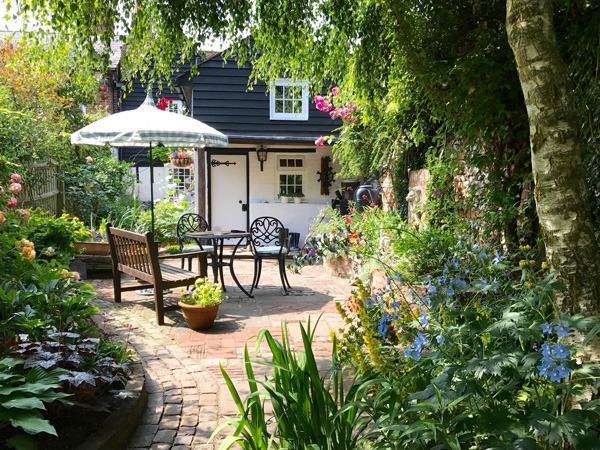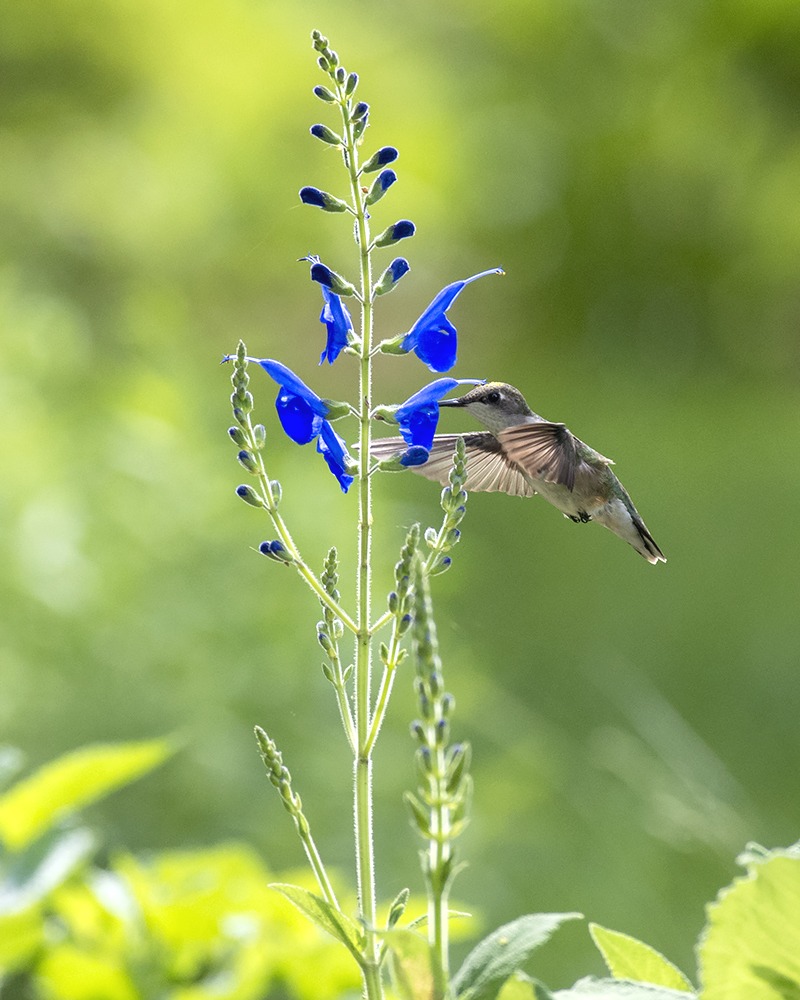
We began publishing our Everything Salvias blog in 2010 for your enjoyment and to help you "get it right" when growing sages that are often unavailable at local garden centers.
It seems like there is an endless bounty of stories to be told. But that's to be expected when covering a genus containing an estimated 900 species -- the largest group within the mint family (Lamiaceae). In addition to Salvias, we write about other species that are either mint family members or low-water companions for our many drought-tolerant Salvias. We welcome comments as well as suggestions for future blog posts.
To access articles rapidly based on your interests, please click on the categories below, which include do-it-yourself videos (Views from the Garden). But please note: This is a dangerous place for a sage lover.
| Explore the Categories: | ||||
| | | | | |
| | | | | |
| | | | | |
| | | | | |
| | | |||
Posted: Wednesday, June 21, 2023
Synopsis:
Ah, its almost July! This year, many regions are experiencing a warmer than usual summer, with some areas facing extreme heatwaves. It's essential to adapt your gardening practices to ensure that your Salvia garden thrives despite the challenging weather conditions.
Read the Article
Posted: Thursday, May 19, 2022
Synopsis:
Hummingbirds are vital pollinators that need lots of rich nectar to survive and keep gardens blooming. Salvia BODACIOUS 'Hummingbird Falls' is a unique hanging basket plant that is a natural replacement for plastic nectar feeders.
Read the Article
Posted: Wednesday, November 10, 2021
Synopsis:
Salvia BODACIOUS® ‘Hummingbird Falls’ is a natural substitute for sugar-water feeders. It’s also the world’s first hanging basket sage. Hummingbirds love this long blooming, cascading sage as you can see in this video filmed in a greenhouse at Flowers by the Sea (FBTS) Farm and Online Nursery. Hummingbird Falls is a heat-tolerant Salvia guaranitica hybrid developed at FBTS by Kermit Carter, who demonstrates how to plant it for optimum growth of its dense, glossy foliage and abundant, violet-blue flowers. Carter offers tips about choosing the best size and type of planters, selecting well-draining potting mix, avoiding soil compaction, and creating a snug planting hole that protects roots and encourages growth.
This video about Salvia BODACIOUS® ‘Hummingbird Falls’ is part of our Views from the Garden video series published in the FBTS Everything Salvias Blog. Flowers by the Sea is a farm and online, mail order nursery specializing in the Salvia genus.
Read the Article
Posted: Thursday, August 5, 2021
Synopsis:
Deadheading withered blossoms from deciduous woody stem Salvias like Autumn Sage makes them look tidy and repeat bloom during the growing season. A woody stem sage is a subshrub with partially woody growth.
Read the Article
Posted: Thursday, August 5, 2021
Synopsis:
Deadheading withered blossoms from evergreen, woody Salvia, such as Sacred White Sage, makes them tidy and repeats bloom. You can deadhead them throughout the growing season.
Read the Article
Posted: Thursday, August 5, 2021
Synopsis:
Deadheading flowers is usually a light form of pruning in late spring and summer. But some rosette-forming herbaceous Salvias like meadow sages need heavier pruning during the growing season to look tidy and bloom more than once.
Read the Article
Posted: Thursday, August 5, 2021
Synopsis:
Deadheading (removing) withered blossoms from deciduous soft stem sages like Mexican Bush Sage makes them look tidy and repeat bloom during the growing season. Soft stem means a sage has no woody growth.
Read the Article
Posted: Tuesday, August 3, 2021
Synopsis:
Deadheading refers to light pruning — or trimming — of withered flowers during the growing season. It makes ornamentals, like Salvias, look tidy and encourages repeat bloom. In contrast, pruning is a heavier shearing that usually occurs at the beginning and end of the growing season.
Read the Article
Posted: Wednesday, June 16, 2021
Synopsis:
Identifying the kind of fertilizer your flowers need can be a trial-and-error experience. This is especially true if you are growing plants that don’t thrive in fertile soils like loam.
Flowers by the Sea Online Nursery hopes to clear up some of the confusion in this Guide to Understanding and Using Fertilizer.
Read the Article
Posted: Thursday, May 27, 2021
Synopsis:
Southern Pink Moth (Pyrausta inornatalis) is diminutive and pretty, but it’s a powerful pest in Salvia gardens. As the common name indicates, it is primarily found in the South. Yet it is flitting into gardens further north. Read more to learn how to identify and control this pest.
Read the Article
Posted: Thursday, May 6, 2021
Synopsis:
Like tiny dancers dressed in fancy skirts, Fuchsia flowers dangle from upright shrubs in long blooming hedges and from trailing branches in hanging baskets. Fuchsias are hummingbird favorites that come in many rosy colors. Read about them in the FBTS Guide to Fuchsia Cultivation & History.
Read the Article
Posted: Tuesday, April 13, 2021
Synopsis:
Hummingbirds love Agastache. Mr. Sage explains that just because one kind of Agastache is wrong for your climate, it doesn't mean they all are and that the genus is native to most of the United States. Ask Mr. Sage is a regular feature in our Everything Salvias Blog that answers customer questions.
Read the Article
Posted: Sunday, April 11, 2021
Synopsis:
Red Birds in a Tree, known botanically as Scrophularia macrantha, is a rare, cold-hardy, Wild West perennial with cheery red flowers hummingbirds love. Southwest New Mexico botanist O.B. Metcalfe collected it in 1904.
Read the Article
Posted: Tuesday, December 15, 2020
Synopsis:
Speedy access to well-illustrated, well-organized information is important. To help you dig deep and fast into the Flowers by the Sea online nursery catalog of Salvias and companion plants, FBTS has expanded its Quick Look Picture Galleries and information.
Read the Article
Posted: Thursday, December 3, 2020
Synopsis:
When growing Salvias that begin blooming in fall, Mr. Sage says it's important to know when first frost likely will occur in your area. Ask Mr. Sage is a regular feature of the FBTS Everything Salvias Blog.
Read the Article
Posted: Wednesday, September 2, 2020
Synopsis:
Home improvement, including landscaping, involves lots of decisions. This is especially true when modifying your property to protect against wildfires. Flammability is usually the last thought on a gardener's mind when planning what to purchase. But if you live in wildfire country and are a Salvia lover, you may have noticed sages on lists of fire-resistant plants. Read more about wildfire preparedness at FBTS.
Read the Article
Posted: Thursday, June 25, 2020
Synopsis:
After your Salvias from Flowers by the Sea arrive, what size pots should you transplant them in for your container garden? The answer depends on the kind of sages you need to transplant. Ask Mr. Sage is a regular feature in our FBTS Everything Salvias Blog that answers customer questions about growing sages and companion plants.
Read the Article
Posted: Tuesday, May 26, 2020
Synopsis:
Plant developers introduce dozens of new Salvia varieties yearly. Flowers by the Sea Farm & Online Nursery selects the best following a careful trialing process. Learn more at Ask Mr. Sage, a column responding to customer questions in the FBTS Everything Salvias Blog.
Read the Article
Posted: Thursday, May 21, 2020
Synopsis:
Among Salvias, one might say yellow represents rarity because, overall, it’s an uncommon flower color for sages. But China and Japan are home to a number of yellow-flowered species, especially shade-loving types. Read more at Everything Salvias.
Read the Article
Posted: Wednesday, May 13, 2020
Synopsis:
Watch out for sayings that warn against planting in summer. It's a good time to transplant Salvias if you give them some extra care. Ask Mr. Sage is a regular feature of Our Everything Salvias Blog and is based on customer questions.
Read the Article
Posted: Wednesday, May 6, 2020
Synopsis:
One of the decisions that Salvia gardeners face in spring is what kind of potting mix to use for outdoor container plants. Find answers in FBTS Farm & Online Nursery's guide to successful potting soils for Salvias.
Read the Article
Posted: Friday, April 24, 2020
Synopsis:
Romantic visions of small, rose-covered houses with thatched roofs and bountifully blooming yards don't tell the story of how cottage gardens came to be in the Middle Ages due to a devastating pandemic. FBTS Farm and Online Nursery talks about cottage gardening past and present.
Read the Article
Posted: Friday, April 24, 2020
Synopsis:
Flowers by the Sea now offers a powerful, do-it-yourself, product-filtering tool that makes plant selection easier and faster. It sets up a matrix of choices to help customers sort possible selections for their gardens based on USDA cold hardiness zones, sun exposure, mature height and spread of plants, soil type and water needs. This article explains how the tool works and provides examples of how to use it.
Read the Article
Posted: Thursday, April 2, 2020
Synopsis:
Cottage gardens make humble homes look spectacular with their densely packed color and foliage. FBTS Cottage Garden Collections are designed to brighten your yard with a riot of Salvias and companion plants.
Read the Article
Posted: Friday, March 27, 2020
Synopsis:
Hummingbirds are like tiny combat jets dive bombing each other when staking claim to the nectar-rich flowers they need for survival. Fights over nectar habitat can reduce hummingbird gardens to single occupancy. FBTS Farm and Online Nursery details and tells stories about its top six hummingbird flowers. Plant lots of them to accommodate a village of hungry hummers.
Read the Article





